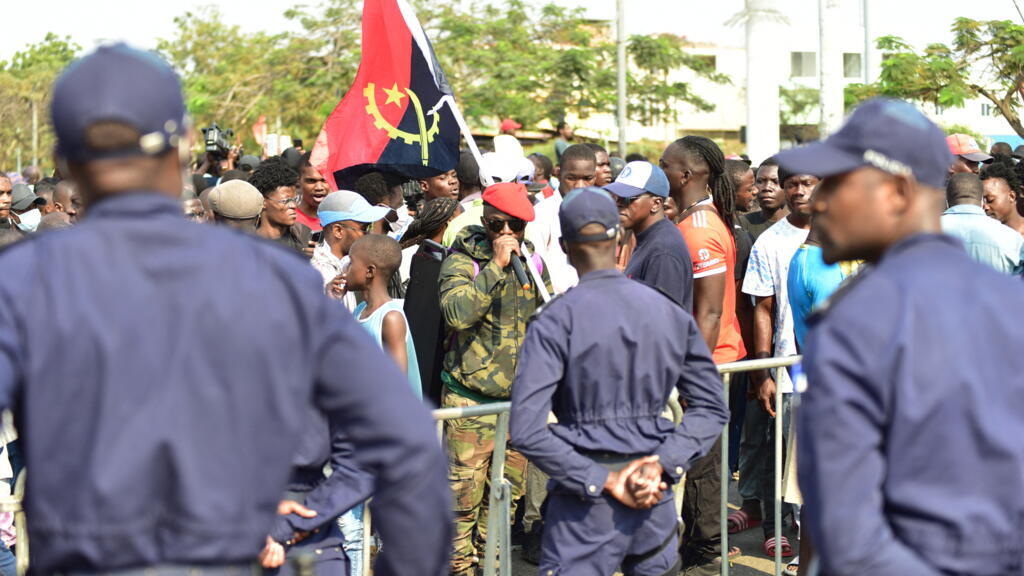
Angolan President João Lourenço delivered a forceful defense of security forces’ actions following days of violent unrest that have left at least 30 people dead across the country.
In a nationally broadcast address on August 1, the president praised the police for “fulfilling their duty” amid what he described as “criminal acts,” despite widespread criticism from NGOs and opposition groups over the alleged excessive use of force.
The recent turmoil was sparked by a sharp increase in fuel prices, a decision that triggered an outcry in a country where many live in precarious conditions despite Angola’s oil wealth.
Protests erupted in late July, particularly in the capital, Luanda, escalating into looting of shops, warehouses, and public buses.
Official figures from the National Police paint a grim picture: 30 people dead, 270 injured, over 1,500 arrests, 118 businesses vandalized, and 24 public buses damaged.
The death of Silvia Mubiala, a mother of six reportedly shot while shielding her son, has deeply shocked the public. Videos circulating on social media show what many describe as a brutal crackdown, contradicting the president’s characterization of the events.
President Lourenço’s address omitted any mention of the fuel price hike—the protest’s primary trigger—and instead focused on supporting the police, a stance that has drawn sharp rebuke from civil society.
Critics argue that the government is ignoring the underlying causes of the unrest: widespread poverty, high unemployment, and stark inequality. NGOs emphasize that while frustrations may be intense, they do not justify the lethal response against mostly unarmed demonstrators.
Though the president pledged assistance to businesses damaged during the riots and vowed that “the state is doing its best” to improve living conditions, his remarks fell short of addressing the root economic and social grievances fueling the crisis.
Transport and commerce are gradually resuming in Luanda, but tensions linger in several provinces. The fragile calm belies a growing rift between the government and a population demanding meaningful change.



